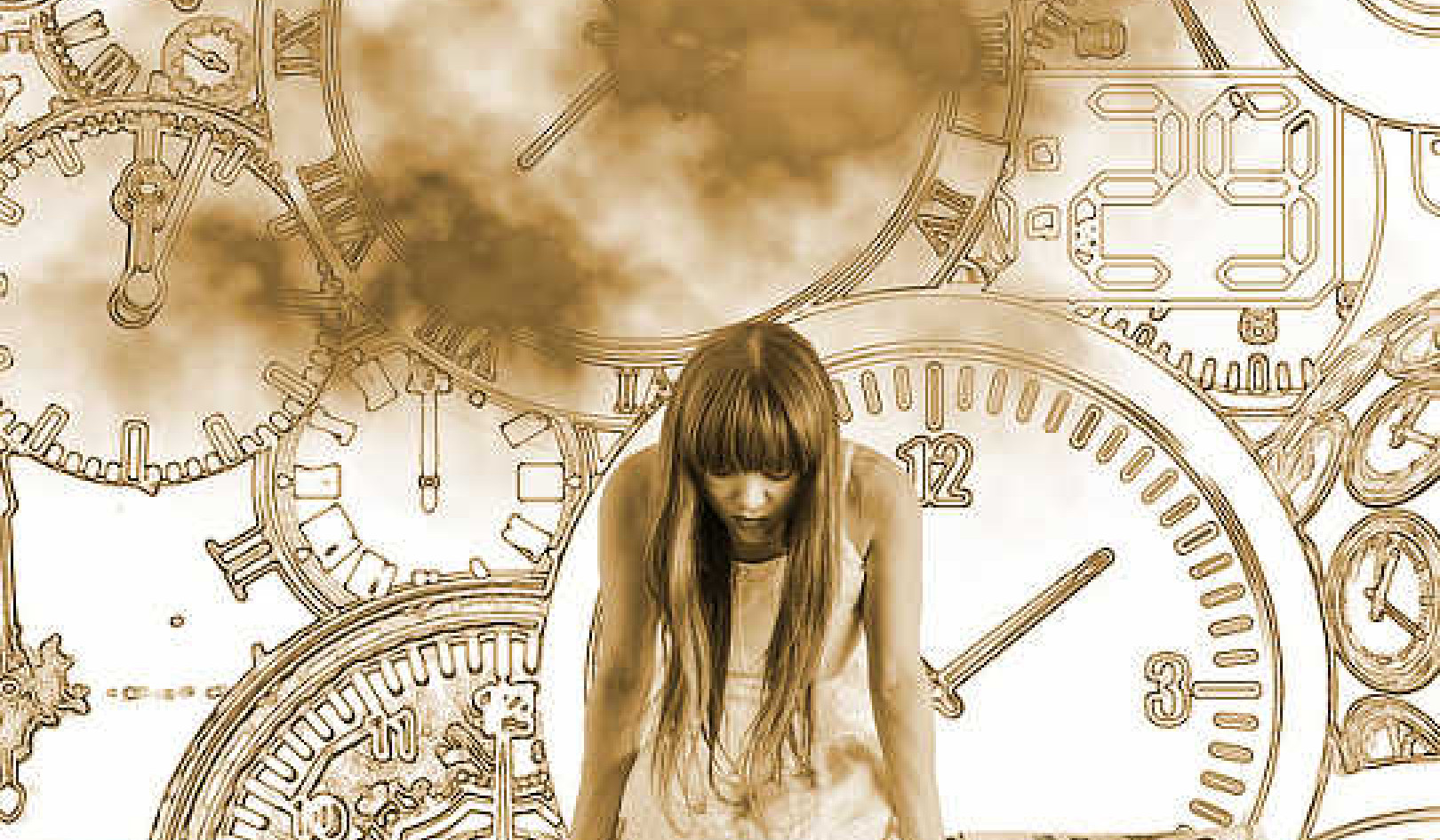There’s a long-held belief that people drink alcohol in excess to drown their sorrows. But recent research into mood and drinking has found the opposite is also true.
Using data from 69 studies (12,394 people in total) in the US, Canada, France and Australia, all of which employed surveys to assess mood and drinking levels, the researchers found no evidence that people drank more on days when they felt down. Rather surprisingly, however, people tended to drink – and drink heavily – on days when they were in a good mood.
The authors found that participants were between 6% and 28% more likely to drink on days they were in a good mood, and 17%-23% more likely to binge drink (having more than four or five drinks within a few hours) on these days.
These findings suggest that, contrary to popular belief, we may actually be more likely to drink in excess when we’re happy than when we’re feeling down. So, what explains this phenomenon? In our research, we have identified several possible factors.
‘Desire thinking’
Drinking is associated with a thought process called “desire thinking”. This is a way of thinking that’s geared towards anticipating positive outcomes from certain experiences, based on the associations we have with that experience.
Before we drink, we tend to have an expectation of it based on past experiences – such as how the alcohol will taste, the feeling of being intoxicated, or the idea that alcohol will make us more interesting. We may also have positive memories from other times we drank. If so, the next time we think about having a drink, we may immediately default to thinking of it in a positive light.
This can then lead to “prolonged self-talk”, where we remind ourselves of the reasons for drinking – such as because you did well at work, or because the weather’s nice. Both this and desire thinking can combine to maintain positive mood and expectations – intensifying the cravings for alcohol.
 Contrary to popular belief, we may actually be more likely to drink in excess when we’re happy. Lomb/ Shutterstock
Contrary to popular belief, we may actually be more likely to drink in excess when we’re happy. Lomb/ Shutterstock
Adding another layer of positivity to the mix, our research has also found that people tend to hold what we call positive “meta-cognitive beliefs” regarding the usefulness of desire thinking.
In other words, when desire thinking makes us crave alcohol by reminding us of all the good things that come with drinking, we’re likely to trust that positive thought and see it as a good thing. Thinking positively about the positive experiences we’re about to have may increase our motivation to drink more.
The downside to this potent cocktail of positive thoughts and feelings is that it appears to be incredibly hard to control and resist. For example, there’s evidence that positive beliefs can make us feel like we’re less in control of our thinking and behaviour.
Taking control
In our clinical research with addiction and various other mental health conditions, we have found that being able to control the way we think about things – whether that thinking is positive or negative – is key to behavioural change and a balanced state of mind.
However, to take control of the way you think about something, you first need to become aware of your extended thought patterns. The better you become at “thinking about your thinking”, the easier it is to control both your positive and negative thoughts.
Let’s say this thought pops into your mind: “I am feeling good – I deserve to drink this weekend.” Instead of thinking more about this, choose to leave the thought alone – a technique called “detached mindfulness”. It’s also worth reminding yourself that it’s difficult to stop craving something if you think about it a lot.
Try to think of the positive and negative thoughts you have as similar to receiving a text message. We don’t always have control over whether the message we receive is good or bad, but we do have complete control over whether we choose to respond to it or not. This will help to show you that you have control over your desire thinking – and therefore your drinking choices.
Positive mood has also been implicated in other addictive behaviours, such as nicotine use, gambling, and internet pornography addiction. This tells us that positive mood may not be the pathway to a healthy body and mind, as we might believe.
Instead, what may be important is the ability to be flexible in the way we think and behave around positive and negative moods – and in particular, knowing that we can always make choices in how we behave, regardless of our patterns of thinking.![]()
About The Author
Robin Bailey, Reader in Psychology, Psychotherapy and Counselling, University of Bolton and Adrian Wells, Professor of Clinical and Experimental Psychopathology, University of Manchester
This article is republished from The Conversation under a Creative Commons license. Read the original article.

Related Books:
Atomic Habits: An Easy & Proven Way to Build Good Habits & Break Bad Ones
by James Clear
Atomic Habits provides practical advice for developing good habits and breaking bad ones, based on scientific research on behavior change.
Click for more info or to order
The Four Tendencies: The Indispensable Personality Profiles That Reveal How to Make Your Life Better (and Other People's Lives Better, Too)
by Gretchen Rubin
The Four Tendencies identifies four personality types and explains how understanding your own tendencies can help you improve your relationships, work habits, and overall happiness.
Click for more info or to order
Think Again: The Power of Knowing What You Don't Know
by Adam Grant
Think Again explores how people can change their minds and attitudes, and offers strategies for improving critical thinking and decision making.
Click for more info or to order
The Body Keeps the Score: Brain, Mind, and Body in the Healing of Trauma
by Bessel van der Kolk
The Body Keeps the Score discusses the connection between trauma and physical health, and offers insights into how trauma can be treated and healed.
Click for more info or to order
The Psychology of Money: Timeless lessons on wealth, greed, and happiness
by Morgan Housel
The Psychology of Money examines the ways in which our attitudes and behaviors around money can shape our financial success and overall well-being.





















